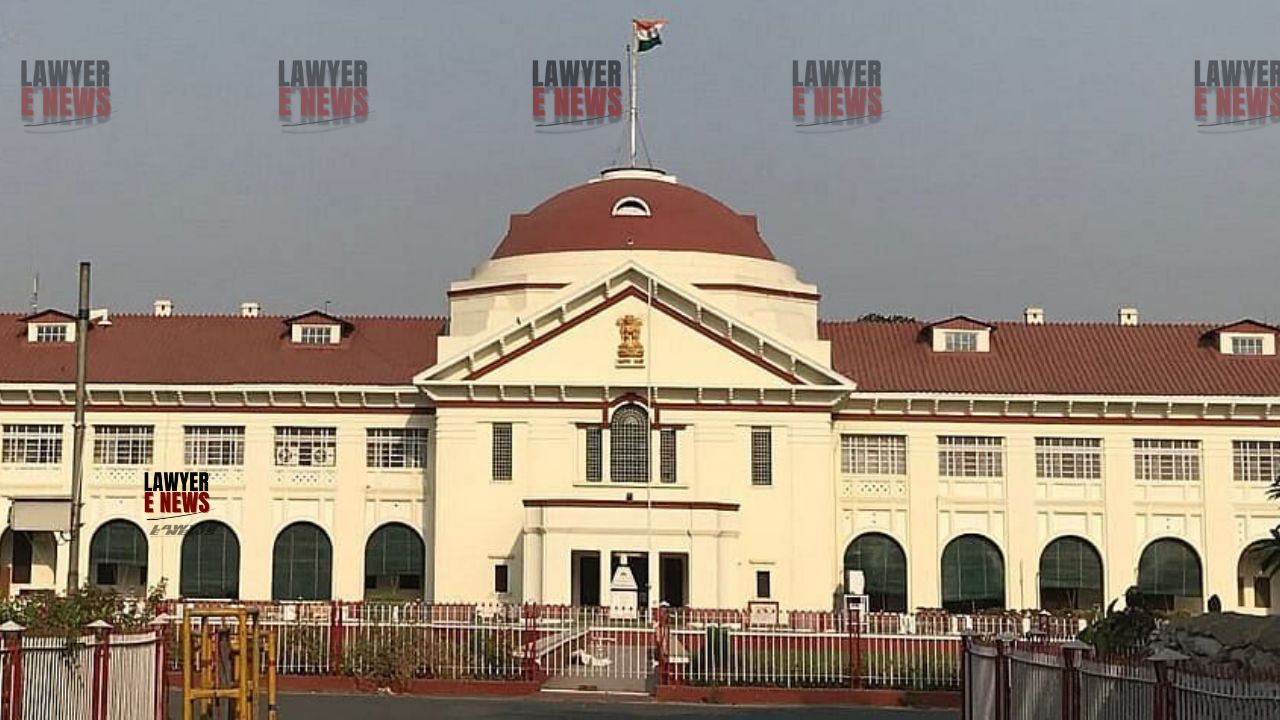-
by sayum
14 February 2026 2:22 PM



In a significant judgment, the Patna High Court quashed the entire proceedings in a case alleging offences under the SC/ST (Prevention of Atrocities) Act, 1989, emphasizing that the dispute was civil in nature. The decision, rendered by Justice Chandra Shekhar Jha, underscores the importance of distinguishing between genuine atrocities and misuse of the Act for settling personal scores.
The case originated from a complaint filed by Ashok Paswan, alleging that Shambhu Prasad Singh and his family fraudulently obtained his thumb impression on documents, which were later used to create a Power of Attorney. This Power of Attorney was subsequently employed to sell Paswan's property without his consent. The complaint further claimed that the accused threatened and assaulted Paswan and his wife, prompting the initiation of criminal proceedings under various sections of the IPC and the SC/ST Act.
Justice Jha observed that the core issue was a land dispute between the parties, noting that two registered Powers of Attorney had been executed by Paswan in favor of the petitioners. The Court pointed out that such disputes are typically civil in nature and should be resolved through civil litigation rather than criminal prosecution.
The Court highlighted that the SC/ST Act was enacted to prevent genuine atrocities against members of Scheduled Castes and Scheduled Tribes. However, in this case, the complaint did not provide prima facie evidence of caste-based abuse. The decision referenced previous Supreme Court judgments emphasizing the need to prevent the misuse of the Act for personal vendettas.
The judgment extensively cited the principles laid down in landmark cases, including Priyanka Srivastava vs. State of Uttar Pradesh, where the Supreme Court mandated that applications under Section 156(3) CrPC must be supported by an affidavit. This requirement aims to ensure that the complainant takes responsibility for the allegations and discourages frivolous litigation.
The Court also referred to State of Haryana vs. Bhajan Lal, outlining scenarios where criminal proceedings can be quashed to prevent abuse of the legal process. These principles were crucial in the present case, where the allegations did not constitute a cognizable offence under the SC/ST Act.
Justice Jha remarked, "The SC/ST Act is a vital legislation intended to safeguard the dignity and rights of marginalized communities. However, its provisions should not be invoked to settle personal disputes that are essentially civil in nature. The misuse of the Act not only undermines its purpose but also clogs the judiciary with unwarranted cases."
The Patna High Court's judgment in this case serves as a reminder of the judiciary's role in preventing the misuse of special legislation designed to protect vulnerable communities. By quashing the proceedings, the Court reinforced the importance of addressing genuine grievances through appropriate legal channels and ensuring that the SC/ST Act is not exploited for personal gain. This decision is expected to have significant implications for future cases, encouraging a more judicious application of the Act.
Date of Decision: 08 May 2024
